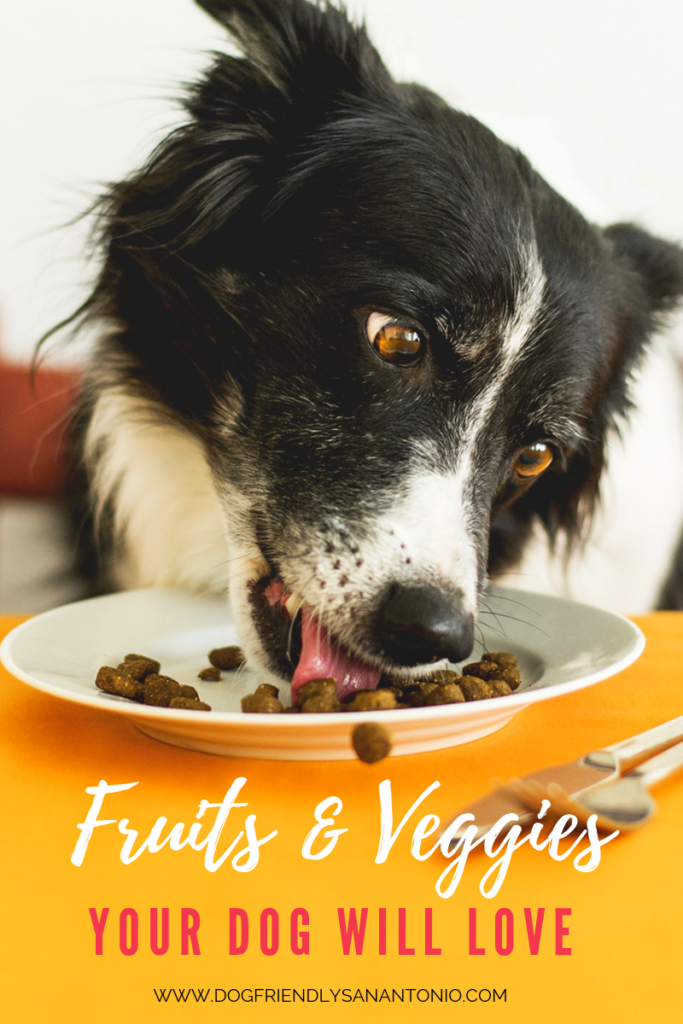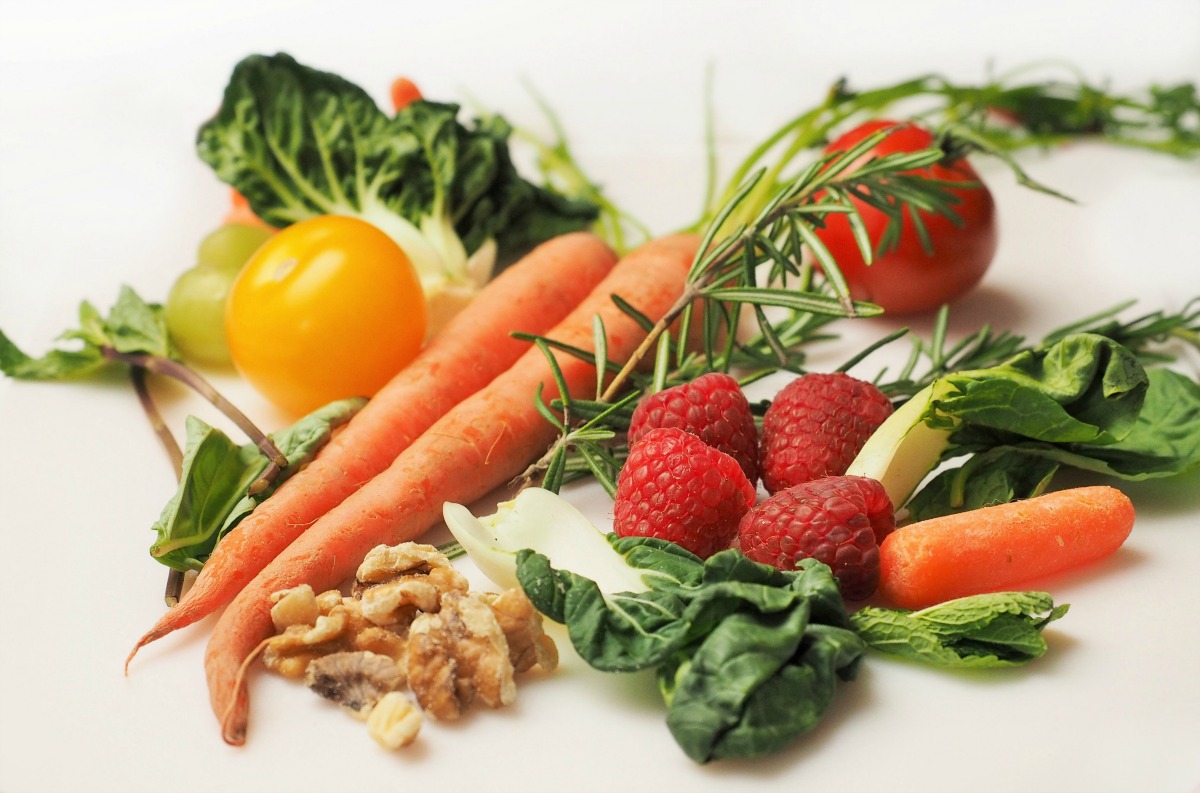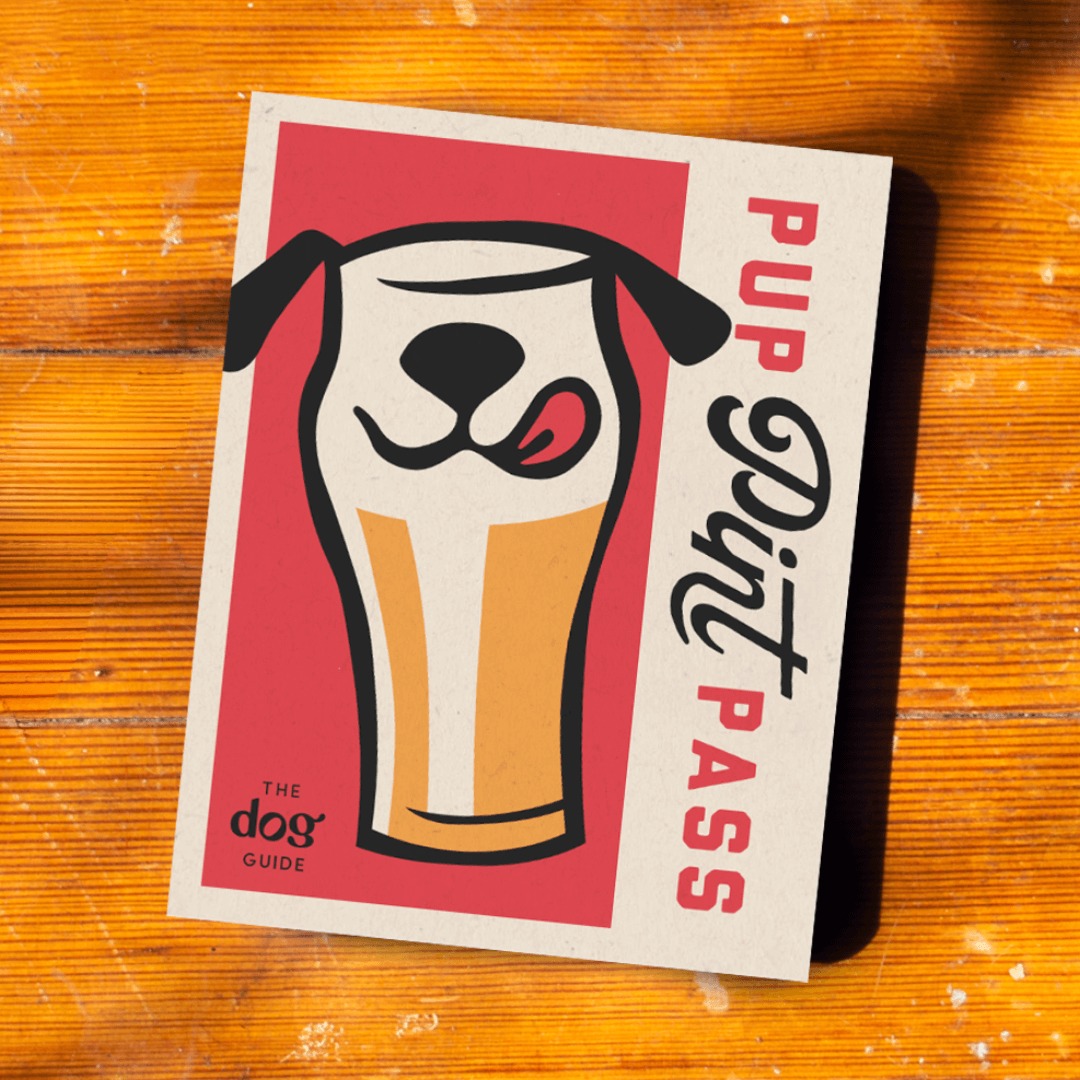
As caring, responsible pet owners, we all want to do what’s best for our four-legged family members. This includes feeding them a diet that is rich in nutrients and vitamins. While your dog can certainly get most of his nutritional needs met via pet food, did you know that you can also supplement his diet with fresh fruits and vegetables? Offering him treats of fruits and veggies can help keep him happy and healthy for the long-haul.
In the wild, dogs are omnivores–meaning, they eat both meat and plant material. If you look at the ingredients in your dog’s food, you’ll find meat, vegetables and possibly grains. When you’re shopping for treats to give your dog, instead of reaching directly for the box of processed dog cookies, consider reaching into your refrigerator instead and offering him something healthy, fresh, and delicious.

Here are some fruits and vegetables that are safe (in moderation) for your dog.
Apples: Apples are an excellent source of vitamins and fiber for your pooch. Be sure to remove the core first though, as apple seeds contain cyanide.
Blueberries: Known as a “superfood,” due to their prevalence of antioxidants, blueberries make a delicious treat that’s fun for Fido to eat!
Cucumber: Cucumbers are great for dogs who are overweight because they are very low in carbohydrates and have lots of water. My dog goes absolutely bonkers for cucumber!
Pears: Pears are a wonderful treat for dogs due to their high fiber content, as well as copper and vitamin C. Just like its cousin, the apple, remove the seeds and core of the pear first, so that your pup isn’t exposed to cyanide.
Pineapple: Another fiber powerhouse, pineapple can be fed in moderation to your dog. Due to its high sugar content, you don’t want to go overboard with the tropical treat, but a few chunks every now and then will be sure to delight your pets.
Watermelon: Full of moisture and fiber, watermelon is a great treat to help cool off a hot dog. Be sure to cut away the rind first and remove seeds before letting your dog indulge.
Brussel Sprouts: Sure, you’ve probably been sneaking the family dog your Brussel sprouts under the dining table for decades but who knew that these little cabbages were so good for your pet? Brussel sprouts have tons of vitamins and nutrients, but be careful not to overfeed them to your dog…unless you don’t mind wearing a gas mask to bed!
Carrots: Carrots are about the best veggie treat you can give your dog. Many dogs LOVE them and they’re low in calories and high in vitamins. They are also great for teething puppies, since they really work those chompers! (Pro tip: Stick a whole carrot in the freezer for several hours, then give to a teething puppy. The frozen carrot helps to soothe inflamed gums as well as provide a bit of chewing/stimulation time.)
Celery: Another crunchy treat, celery is packed with water and vitamins so it helps keep Fido hydrated and busy chewing. Celery has also been thought to freshen breath!
Peas: Fresh peas (not canned peas, please) are a great treat to throw in with your dog’s food. Full of vitamins and nutrients, these tiny veggies pack a nutritional punch!
Here are some fruits and veggies that you should NEVER feed your dog:
Grapes: Grapes (and all incarnations of the fruit–raisins, wine, etc) are extremely toxic and can lead to acute kidney failure in dogs.
Avocados: Wanting to pass the chips and guacamole to Fido during the big game? Please don’t. Avocados contain persin, a toxin that can cause extreme intestinal distress in dogs. It’s not worth it, believe me.
Cherries: Cherry plants contain cyanide, which can cause cyanide poisoning in your pooch.
Mushrooms: While store-bought mushrooms are technically safe for dogs, most wild mushrooms are not safe for them. As a result, it’s better not to offer your pooch any type of mushroom at all.
Onion: Onions, leeks and chives all contain allium, which is poisonous to all pets–cats especially. Allium toxicity can cause red blood cells to rupture, as well as intense intestinal distress in dogs.
When looking for new ways to incorporate healthy foods into our diets, fruits and veggies seem like a no-brainer. Our pets can also benefit from eating less processed foods, and fruits and veggies can add some interest and fun into their diet as well. So, the next time you’re chopping up veggies for a salad, try tossing a cucumber in the air and see if Fido shows an interest!
For a complete list of fruits and veggies that are safe for your pets, visit the American Kennel Club’s website.
Find more ideas on feeding your pup below:
How To Cook a Steak Dinner For Your Dog
3 Doggone Delicious (and Easy!) Homemade Dog Ice Cream Recipes

